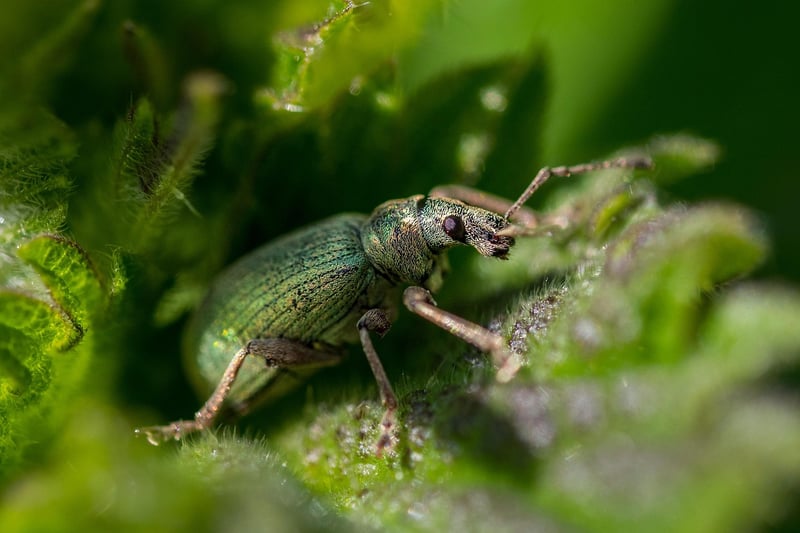Dealing with Pests
Keeping Your Vertical Garden Thriving
Vertical gardens are a fantastic way to bring greenery into small spaces and add a touch of nature to urban environments. However, maintaining a vertical garden requires some care and attention to ensure that your plants thrive and remain healthy. Here are some tips to help you keep your vertical garden flourishing:
1. Choose the Right Plants
Not all plants are suitable for vertical gardens. Select plants that are well-suited to the growing conditions of your vertical garden, such as light levels and available space. Consider using a mix of trailing, creeping, and upright plants to create a visually appealing display.
2. Provide Adequate Watering
Vertical gardens can dry out more quickly than traditional gardens due to their vertical orientation. Make sure to water your plants regularly, checking moisture levels frequently. Consider installing a drip irrigation system to ensure that your plants receive a consistent water supply.
3. Ensure Proper Drainage
Good drainage is essential for the health of your plants. Use a well-draining growing medium and ensure that excess water can escape easily to prevent waterlogging, which can lead to root rot and other issues.
4. Monitor Light Levels
Pay attention to the amount of light that your vertical garden receives. Ensure that your plants are getting enough light for healthy growth, but be cautious of direct sunlight, which can scorch delicate leaves. Rotate your plants occasionally to promote even growth.
Dealing with Pests in Your Vertical Garden
Despite your best efforts, pests may still find their way into your vertical garden. Here are some tips for dealing with common pests:
1. Inspect Regularly
Check your plants regularly for signs of pest infestation, such as holes in leaves, discolored spots, or webbing. Early detection can help prevent pests from spreading and causing extensive damage.
2. Use Natural Remedies
Avoid harsh chemicals and opt for natural pest control methods whenever possible. For example, you can use insecticidal soaps, neem oil, or homemade remedies like garlic spray to deter pests without harming your plants.
3. Introduce Beneficial Insects
Beneficial insects such as ladybugs, lacewings, and predatory mites can help keep pest populations in check. Consider introducing these helpful insects to your vertical garden to maintain a natural balance and reduce the need for chemical interventions.
By following these tips for maintaining your vertical garden and dealing with pests, you can enjoy a lush and thriving green space in any environment.

Image source: Pixabay
